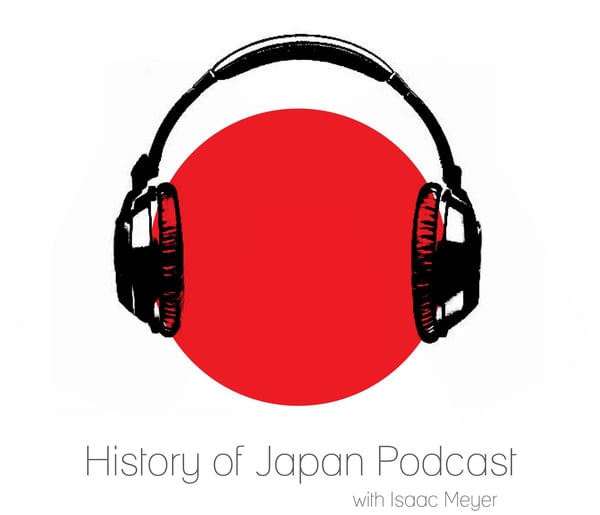Episode 160 - Best of Frenemies, Part 6
History of Japan
Isaac Meyer
4.8 • 744 Ratings
🗓️ 13 August 2016
⏱️ 29 minutes
🧾️ Download transcript
Summary
This week, it's time to join the resistance. We'll trace the birth of the Korean resistance from protests in 1919 to its bifurcation into two rival movements. The first, the Provisional Government of the Republic of Korea, will be based in Shanghai and dominated by the charismatic American-educated Syngman Rhee. The second will be an armed anti-Japanese insurrection in Manchuria led by a man whose life is more myth than fact: Kim Il-sung.
Transcript
Click on a timestamp to play from that location
| 0:00.0 | Hello and welcome to the History of Japan podcast. Episode 159, Best of Frenemies, Part 6. |
| 0:09.4 | Last week, we covered what Korea was like under Japanese rule, but of course, not everybody was prepared to tolerate living under Japanese domination. |
| 0:19.4 | This week, we turned to the group who really catch the imagination of post-war Koreans, |
| 0:25.1 | the resistors. |
| 0:27.6 | Korean resistance began before the formal annexation of the country by Japan. |
| 0:33.0 | Rebellion in the countryside against pro-Japanese policies was a constant feature of the final years of the |
| 0:39.2 | Joseon dynasty, the most famous example being, of course, the Donghawk movement we discussed a few |
| 0:45.3 | episodes back. For the colonial period, however, the real beginnings of resistance can be traced |
| 0:52.0 | to the end of the First World War. |
| 0:55.8 | When the war came to an end, the powers involved came together to negotiate a final treaty, |
| 1:01.5 | led by the Americans under President Woodrow Wilson. |
| 1:06.2 | Wilson's adherence to the liberal democratic values of the United States meant that he |
| 1:10.7 | could not endorse the kind of peace envisioned in the treaties of alliance |
| 1:14.7 | that had kicked off the war, |
| 1:16.6 | the kind of cynical horse trading where the victorious powers would collect spoils in treasure |
| 1:22.0 | and territory from the defeated. |
| 1:25.1 | Instead, Wilson's political values combined with a sort of providential vision inherited from his |
| 1:30.9 | religious background to create a vision of a final just peace. His goal was nothing less than to create |
| 1:39.1 | a new worldwide order which would be so self-evidently just that it would prevent future conflict. |
| 1:47.0 | Of course, we all know how that little dream is going to turn out. |
| 1:51.6 | Most important for our purposes, though, is one of the 14 points Wilson suggested in January |
| 1:57.9 | 1919 as a starting place for negotiating the final piece, the notion of |
... |
Please login to see the full transcript.
Disclaimer: The podcast and artwork embedded on this page are from Isaac Meyer, and are the property of its owner and not affiliated with or endorsed by Tapesearch.
Generated transcripts are the property of Isaac Meyer and are distributed freely under the Fair Use doctrine. Transcripts generated by Tapesearch are not guaranteed to be accurate.
Copyright © Tapesearch 2025.

